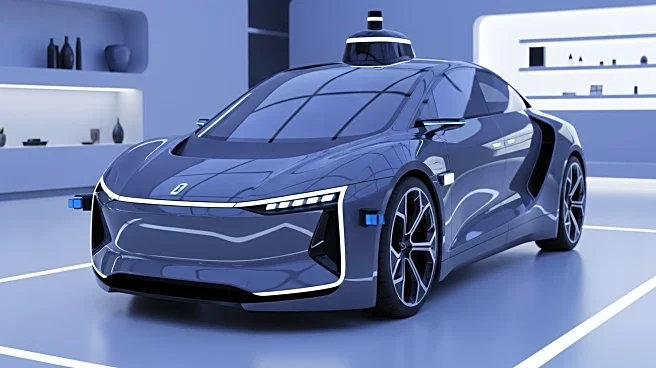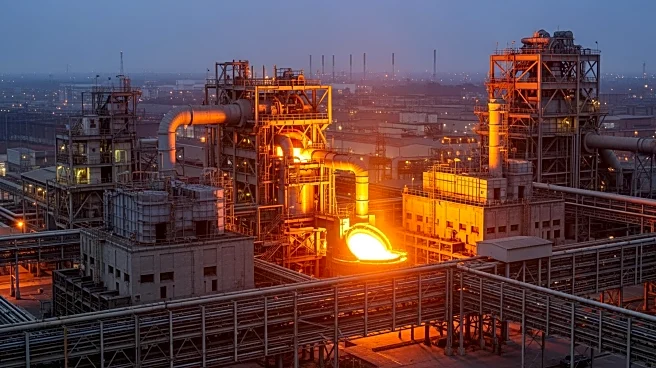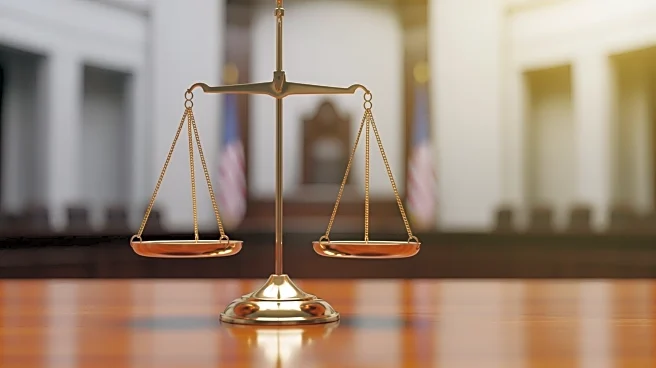What is the story about?
What's Happening?
Tesla CEO Elon Musk is under scrutiny following leaked messages that suggest contradictions in his stance on self-driving technology. Musk has been known for making ambitious promises regarding advancements in Tesla's autonomous vehicle capabilities. Recently, Electrek's Editor-in-Chief, Fred Lambert, highlighted discrepancies in Musk's claims about the safety of Tesla's camera-only system compared to lidar and radar sensors. Musk had previously stated that radar and vision could be safer than just vision, contradicting his current position that lidar and radar increase risk due to sensor contention. This revelation comes as Tesla has yet to fulfill its self-driving promises, despite Musk's insistence on a vision-only approach.
Why It's Important?
The controversy surrounding Musk's statements is significant as it impacts consumer trust in Tesla and the broader electric vehicle market. Musk's public perception is closely tied to Tesla's brand, and any doubts about his honesty or safety priorities could deter potential buyers from choosing Tesla vehicles. This situation is particularly critical as the U.S. government and other nations push for increased adoption of electric vehicles. Lambert's disclosure adds to the skepticism about Musk's motives and the reliability of Tesla's self-driving technology, potentially influencing consumer confidence and market dynamics.
What's Next?
Despite Tesla's challenges, electric vehicle sales have exceeded expectations in 2025, indicating continued consumer interest in EVs. However, Tesla's uncertain position has opened opportunities for rival brands to gain market share. As the debate over self-driving technology continues, stakeholders may push for more transparency and accountability from Tesla and other automakers. The ongoing scrutiny could lead to regulatory actions or shifts in industry standards to ensure safety and reliability in autonomous vehicles.
Beyond the Headlines
The ethical implications of Musk's approach to self-driving technology are noteworthy. The prioritization of cost-benefit analysis over safety redundancies raises questions about corporate responsibility and consumer protection. As autonomous vehicles become more prevalent, the balance between innovation and safety will be crucial in shaping public policy and industry practices.














